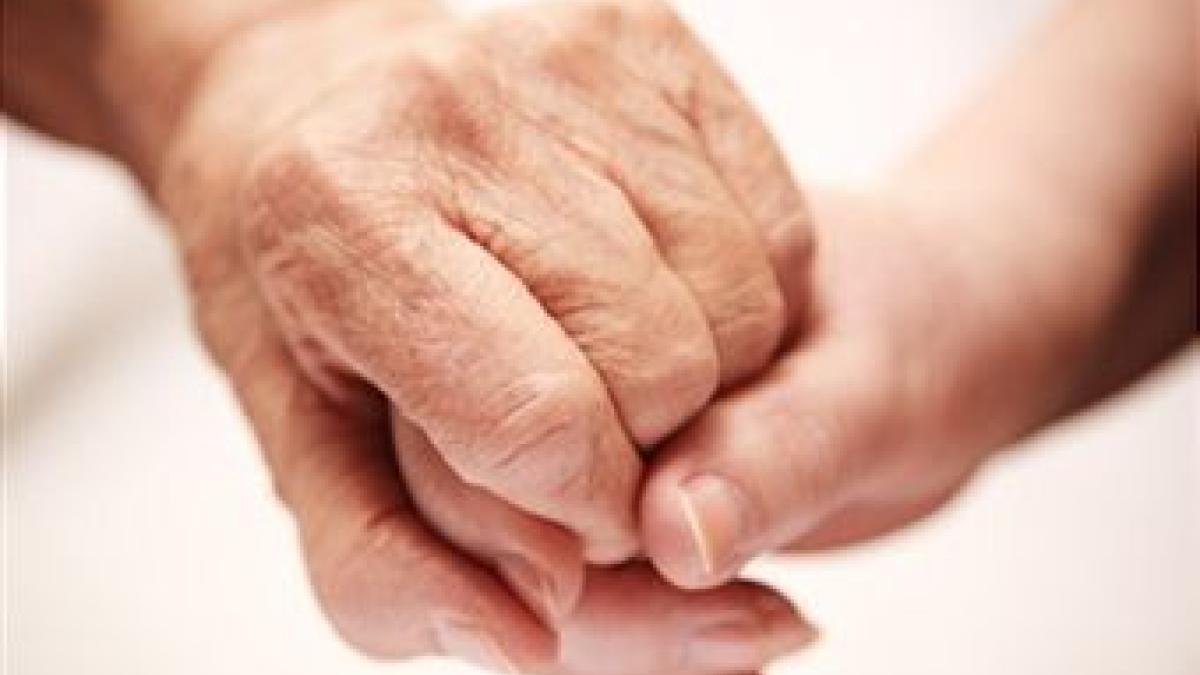Reps. Soto, Crist, Bilirakis, and Dingell Introduce Bill to Protect Seniors and People with Disabilities Under Care of Guardians

Senators Collins, Casey lead Senate companion bill
Today, U.S. Representatives Darren Soto (FL-09), Charlie Crist (FL-13), Gus Bilirakis (FL-12), and Debbie Dingell (MI-12) introduced bipartisan and bicameral legislation that supports the approximately 1.3 million adults, mostly seniors and people with disabilities, who are currently under the care of guardians, by enacting protections from the risks of abuse or neglect. The Guardianship Accountability Act implements further oversight and enacts data collection measures to hold guardians accountable, after reports indicate an increasing number of fraud cases and financial exploitation from guardians towards vulnerable populations.
Following a year-long investigation, the Aging Committee released a report, "Ensuring Trust: Strengthening State Efforts to Overhaul the Guardianship Process and Protect Older Americans" in November 2018. The Guardianship Accountability Act addresses many of the report's recommendations, including the creation of a national resource center, the promotion of less restrictive alternatives to guardianship, the facilitation of background checks, and the sharing of information among local, state, and federal organizations.
"It is our duty in Congress to speak up and protect the most vulnerable members of our communities," said Congressman Darren Soto. "In Orlando, we saw firsthand the abuse of a former guardian which led to a preventable death. We owe it to our seniors and to those living with disabilities to provide protections from ill-intended bad actors who abuse the system designed to provide a better quality of life. Guardianship is a critical resource that gives Americans support when they need it most. This bipartisan legislation will empower the good guardians and allow them to continue serving those in need, while combatting against fraud and abuse."
"It is said that the strength of a society can be judged based upon how it treats its most vulnerable populations. We've seen from recent examples in the news, and alarming rates of elder abuse throughout Pasco and Pinellas counties, that guardianship is an area where we can and must do better in order to ensure the protection of our seniors," said Congressman Bilirakis. "Following the recommendations from the Senate Special Committee on Aging, I am proud to be part of this bipartisan initiative that provides additional resources, strengthens protections and improves intergovernmental coordination in order to achieve this paramount objective," he added.
"Guardianship abuses are resulting in seniors literally being held against their will, isolated from family members and friends, their assets liquidated and drained by unscrupulous people gaming a broken system," said Congressman Crist. "This legal form of kidnapping is happening in communities across the country, in many cases with little or no recourse available, and recently in Florida directly resulting in a death. This legislation brings federal resources to bear, providing the missing transparency needed to understand where problems exist with a better ability for stakeholders to track outcomes across disparate state court systems nationwide."
"Safeguarding our nation's seniors from abuse and exploitation must be a priority, and too often our current guardianship system fails to protect older Americans," said Congresswoman Dingell. "The Guardianship Accountability Act will put in place commonsense protections address these deficiencies, and I encourage my colleagues to support this legislation."
U.S. Senators Susan Collins (R-ME) and Bob Casey (D-PA), the Chairman and Ranking Member of the Aging Committee, filed the companion bill in the U.S. Senate this week. A summary of the bill is available here and bill text is available here.
The Guardianship Accountability Act would ensure individuals under the care of guardians are not at risk of abuse or neglect by expanding the availability of federal demonstration grants by the Elder Justice Act, so funds can be used for developing state guardianship databases to collection information on guardians, training for court visitors, and sharing information on guardian background checks with appropriate entities. It would also establish a National Online Resource Center on Guardianship, which would be tasked with:
- Collecting and publishing information relevant to guardianship for use by guardians, individuals subject to guardianship, as well as courts, states, local governments, and community organizations;
- Publishing model legislation and best practices developed pursuant to the Elder Abuse Prevention and Prosecution Act;
- Compiling and publishing training materials for guardians;
- Sharing research related to guardianship; and
- Maintaining a database on state laws regarding guardianship and the use of less restrictive alternatives, and the restoration of rights.
